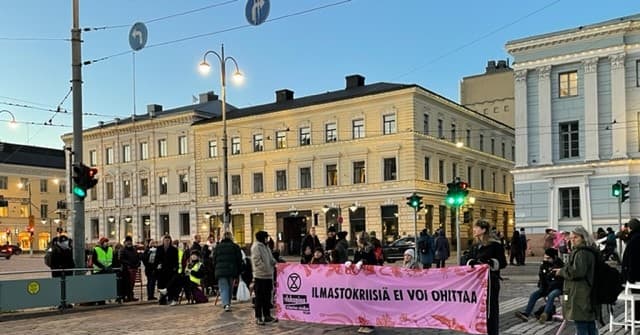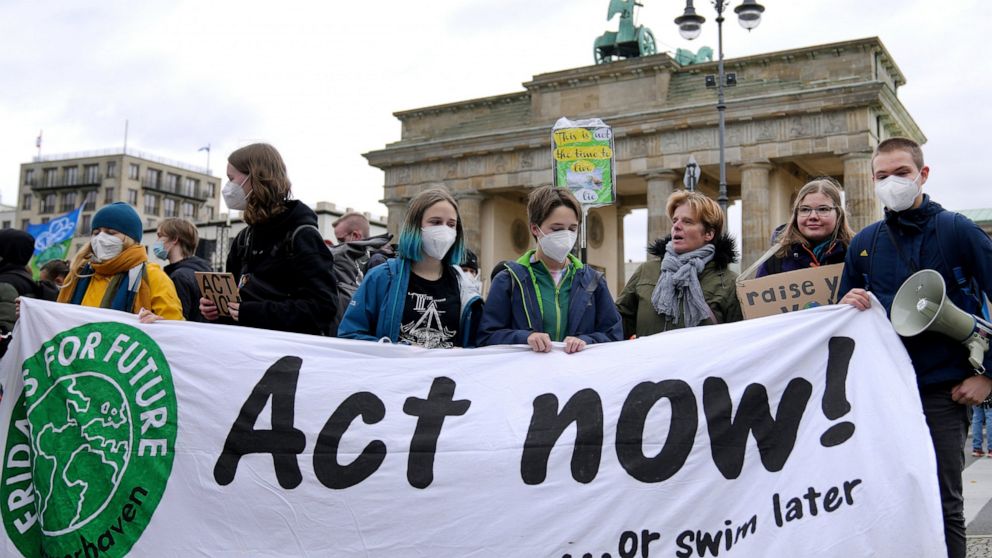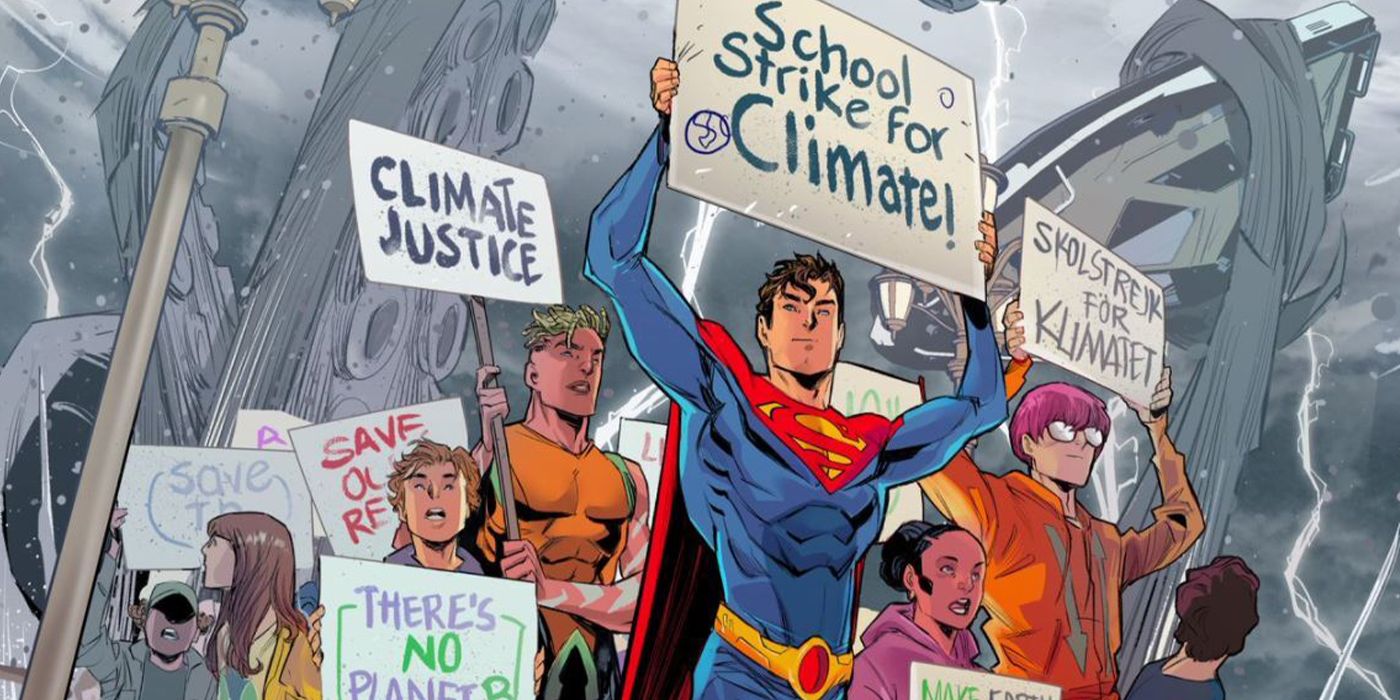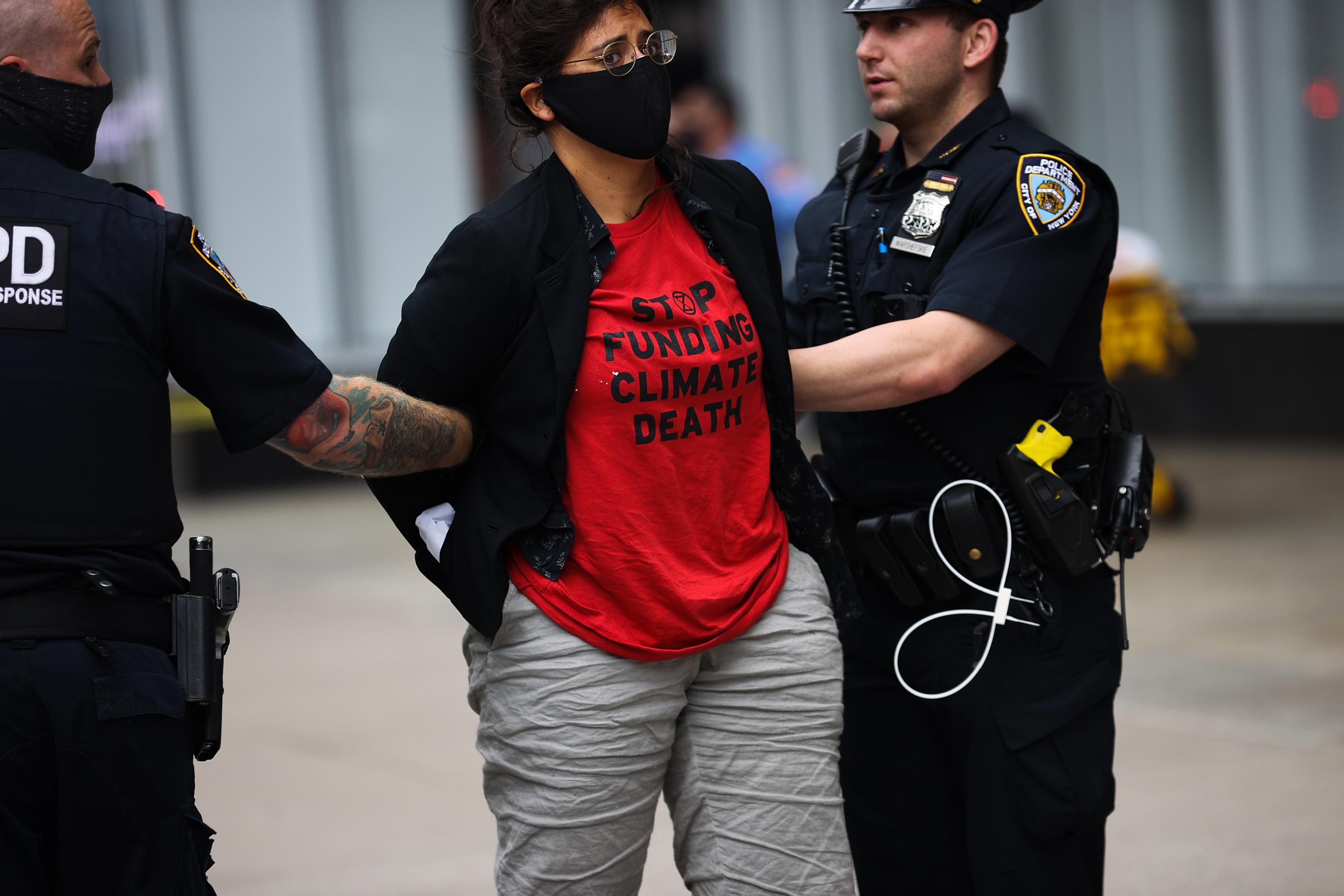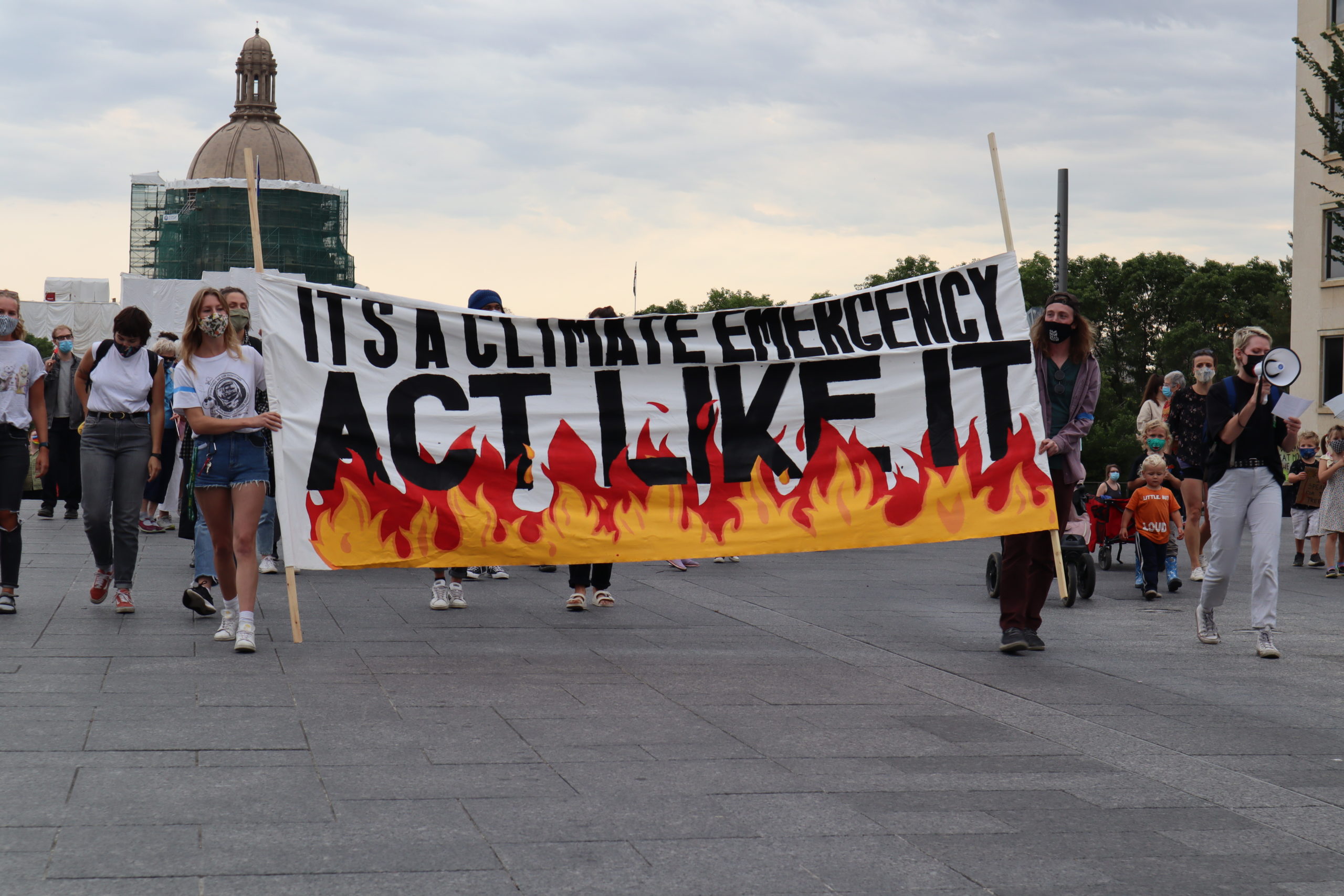theguardian.com
The German activists starving themselves to make politicians face the climate crisis
Kate Connolly
11-14 minutes
In a cluster of tents close to the Reichstag building in Berlin are a group of activists who have said they are prepared to starve themselves to death to highlight the lack of ambition among Germany’s main political parties to confront the climate emergency.
Since 30 August the six-strong group who call themselves The Last Generation have been on hunger strike in what is the most radical domestic political protest Germany has seen for decades, in the weeks before one of the most decisive German elections for almost 20 years.
The group is demanding an audience with the leading candidates of the Christian Democrats, Social Democrats and Greens before polling day on 26 September. They also want a promise of a citizens’ climate assembly on how Germany can most effectively limit global warming to 1.5 degrees Celsius.
“We are quite simply in despair, otherwise we wouldn’t be doing this,” said Lina Eichler, 19. “But what we’re doing here is not nearly as bad as what we can expect to befall us if we don’t act now.”
She and her fellow activists, one of whom was taken to hospital on Tuesday, say the politicians “have our lives in their hands”. The group’s slogan is “We’re on hunger strike because the climate crisis kills”.
The only candidate they have so far had contact with is Annalena Baerbock of the Greens. “She telephoned the group and asked them to call off the strike, saying they should not endanger their lives,” said Hannah Lübbert, the activists’ spokeswoman. “We’ve since sent her emails appealing to her again to come here, but so far to no avail.” At a political event on Friday, supporters of the strikers asked Baerbock again to meet them but she insisted that she would not speak to them until they had ended the strike.
The Greens have the most ambitious environmental reform agenda of any party likely to get into Germany’s next government – which is certain to be a coalition, based on current polling – but for many activists the party’s manifesto does not go nearly far enough.
Across the country environmental protests – from blocking autobahns, to setting fire to luxury cars – have been getting increasingly radical and forceful in recent months, as efforts are made to persuade politicians to act.
Twelve weeks ago, the Greens were on a poll rating of 27% (this compared with 2017’s election when they received just 8%). Since then, Germany has faced historic flooding in the Ahr Valley, forest fires have swept southern Europe, and the IPCC, the body of the world’s leading climate experts, has warned the world is running out of time to avert disaster.
So why – less than two weeks before Germans go to the polls – are the Greens now only on 16% to 17%?
A paradox the party faces is that for many voters the party is “too green”, while for others it is not green enough. Biting at its heels are groups like Klimaliste, a party with little political clout but capable of stealing votes from the Greens as it campaigns for a more intense, speeded-up version of their demands.
“The Greens managed to put climate change on the political agenda – they changed the discourse, but their demands are far from sufficient,” said author and climate crisis commentator, Raphael Thelen. “They have done very well in refraining from any radical rhetoric or demanding anything too crazy because it might scare voters away. Yet when you look at the state of the planet it’s clear that something radical needs to happen, not least, a transition away from fossil fuels. We are at a tipping point and the system needs to change. Huge disappointment and frustration is what is behind these protests.”
Thelen recently travelled with his activist girlfriend Theresa Leisgang, to what he calls the “showplaces of the climate crisis”, from South Africa to the Arctic Circle, where they saw for themselves how people cope with the chaos brought to their lives by global heating and looked at practical solutions as to what can be done both to avoid it and live with its consequences.
Soon after his return to Germany, just after publication of their critically acclaimed book, floods hit the area close to where Thelen had grown up on the river Erft, where his mother still lives.
“I was used to hearing accounts of despair from far-flung places like Iraq, South Africa, the Arctic, where I’ve reported on how climatic disaster has wrought havoc on the lives of people there. And while I was under no illusion Germany would be spared the effects of it, I was shocked that it happened so suddenly and with such force, in my own back yard,” he said.
Experts concluded it was hotter air resulting from global heating, which is able to hold considerably more water vapour, that had contributed to making the floods such a catastrophic and deadly event.
But the Greens were at pains not to be seen to take political advantage of what first and foremost was viewed as a human tragedy, following the loss of about 180 lives. Baerbock’s immediate reaction after visiting the affected area was therefore to concentrate on the emergency response and improvements locals said were needed in the country’s catastrophe warning system. While she cautioned on the folly of building on flood plains, she stopped short of making statements some environmentalists were willing her to, that the Greens had been warning of the inevitability of such events for four decades.
“It was not the time to go through the town with a megaphone and election posters blaring the message: ‘we told you so’,” said Martin Schmitt, candidate for the Greens in Ahrweiler which was hit badly by the floods. “The best you can do in such a situation is to listen to people and give them practical help wherever you can”.
Nevertheless support for the Greens might have been expected to rise automatically as people drew their own conclusions. Nico Siegel from opinion pollster Infratest-dimap said this assumption was too simplistic.
“Seventy per cent of Germans say the environment is something that greatly concerns them and where there’s a need for serious action,” he told broadcaster MDR. “But it’s unusual for a single event to affect the polls.” Instead, if anyone, it was parties like the CDU and SPD, in power in the region, making the immediate decisions thereafter and able to be active, which were in the spotlight. Neither were the floods, Siegel said, comparable with an event such as Fukushima in 2011 after which the Greens, as an anti-nuclear power party, made direct gains.
Meanwhile the Greens poll dip, he said, can be directly attributed to mistakes in Baerbock’s own campaign, such as allegations that parts of her biography were plagiarised, or that she failed to declare additional earnings to the Bundestag.
Among the standout points in the Greens manifesto, are its pledge to turn 2% of Germany’s surface area over to wind turbines, the building of hydrogen pipelines for the manufacture of climate-neutral steel and the extension of the nation’s rail network as part of a new transport strategy to discourage the use of domestic flights.
“But all these proposals remain just that. Baerbock can promise all she likes but the party has yet to prove that it can deliver,” one party insider said.
Some say the proposals don’t go nearly far enough and fail to take into consideration the full range of potential technological innovation – including controversial geoengineering and carbon capture and storage – which will have to be considered if Germany is to get anywhere close to reaching its goals to be climate neutral by 2045, an ambition which far surpasses, according to political commentator Jochen Bittner, “putting Apollo on the moon”.
Other critics talk of Baerbock having got “stuck in the small print”, rattling off the items in the bulging in-tray such the EEG Umlage (Renewable Energies Act levy) or the PV-Pflicht (a mandatory photovoltaic system for every new-build), or recently referring to the challenges posed by the “climate revolution” as being “as crazy as a building loan contract”, which offered vindication to those erstwhile supporters who accuse the party of being far too establishment these days.
But for some in the business world it is precisely Baerbock’s determination to get to grips with the legal and technological detail and ditch the party’s image as a haywire bunch of hippies and romanticists, which is slowly winning her allies and causing her to be taken seriously in the corporate world. As Der Spiegel put it recently: “The Greens suddenly give the impression of being disciplined, power-hungry and technically proficient.”
There is still huge distrust towards the party – among everyone from businesses leaders who fear it will introduce emissions regulations and restrictions that could smother them, to people from lower-income groups who wrestle with what the party stands for, believing it to have a killjoy appetite for prohibition over its attempts at introducing meat-free days in works canteens or reducing speed limits on urban streets.
Operating a mechanical digger recently as he helped to clean the debris from the streets of Ahrweiler after the floods, volunteer Mike Sperlich insisted the Greens would be bad news for Germany, saying he feared an Ökodiktatur or eco-dictatorship. “If the Greens were in power we’d probably be forced to do this with our bare hands,” he said.
The hunger-striking protesters next to the Reichstag who Baerbock has so far refused to see have crucially described themselves as “the last generation which has a chance to halt climate change”.
Baerbock has said the next government, in which she has a high chance of participating, is “the last one that will actively be able to have an influence on the climate crisis”.
Whether the two camps can find a middle ground will probably be one of the most challenging questions of the election.
… we have a small favour to ask. Tens of millions have placed their trust in the Guardian’s high-impact journalism since we started publishing 200 years ago, turning to us in moments of crisis, uncertainty, solidarity and hope. More than 1.5 million readers, from 180 countries, have recently taken the step to support us financially – keeping us open to all, and fiercely independent.
With no shareholders or billionaire owner, we can set our own agenda and provide trustworthy journalism that’s free from commercial and political influence, offering a counterweight to the spread of misinformation. When it’s never mattered more, we can investigate and challenge without fear or favour.
Unlike many others, Guardian journalism is available for everyone to read, regardless of what they can afford to pay. We do this because we believe in information equality. Greater numbers of people can keep track of global events, understand their impact on people and communities, and become inspired to take meaningful action.
We aim to offer readers a comprehensive, international perspective on critical events shaping our world – from the Black Lives Matter movement, to the new American administration, Brexit, and the world's slow emergence from a global pandemic. We are committed to upholding our reputation for urgent, powerful reporting on the climate emergency, and made the decision to reject advertising from fossil fuel companies, divest from the oil and gas industries, and set a course to achieve net zero emissions by 2030.
If there were ever a time to join us, it is now. Every contribution, however big or small, powers our journalism and sustains our future. Support the Guardian from as little as CA$1 – it only takes a minute. Thank you.
Accepted payment methods: Visa, Mastercard, American Express and PayPal
https://www.theguardian.com/world/2021/sep/18/the-german-activists-starving-themselves-to-make-politicians-face-the-climate-crisis #ClimateEmergency #pollution #environment #ecology #Germany #ClimateCrisis #ClimateStrike




